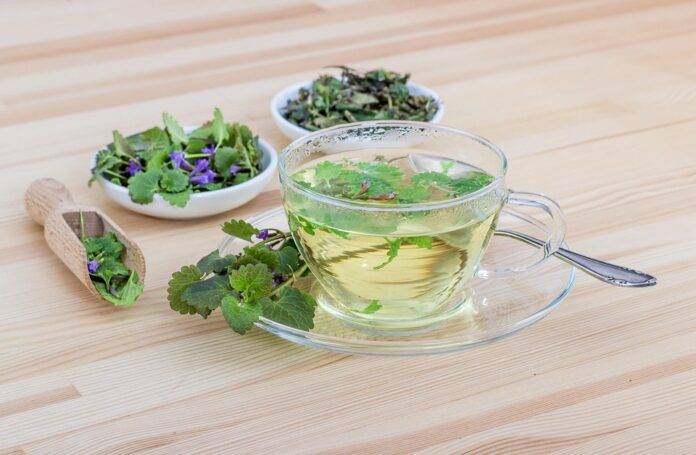Introduction
The herbal tea market has been experiencing significant growth in recent years, with consumers increasingly seeking out natural and healthy beverage options. Among the various herbal tea flavors available, hibiscus, chamomile, and rooibos have emerged as popular choices, leading the way in bottled herbal tea offerings. This report will delve into the reasons behind the popularity of these three flavors, their financial performance, and the key players in the industry.
Hibiscus Herbal Tea
Market Demand and Trends
Hibiscus herbal tea has gained popularity due to its vibrant color, tangy flavor, and potential health benefits. The market demand for hibiscus tea has been on the rise, driven by increasing consumer awareness of its antioxidant properties and potential to lower blood pressure. According to market research firm Grand View Research, the global hibiscus tea market is expected to reach $1.1 billion by 2025, with a compound annual growth rate of 5.8%.
Financial Performance
Leading companies such as Traditional Medicinals and The Republic of Tea have capitalized on the growing demand for hibiscus tea by offering a variety of hibiscus-based blends in their product portfolios. The financial performance of these companies has been strong, with revenue growth driven by the popularity of hibiscus tea among health-conscious consumers.
Chamomile Herbal Tea
Market Demand and Trends
Chamomile herbal tea is well-known for its calming and soothing properties, making it a popular choice for relaxation and stress relief. The market demand for chamomile tea has been increasing, with consumers turning to this herbal remedy for its potential sleep-inducing effects. According to market research firm Mintel, the global chamomile tea market is projected to grow at a CAGR of 4.5% from 2021 to 2026.
Financial Performance
Companies such as Celestial Seasonings and Yogi Tea have been successful in leveraging the popularity of chamomile tea to drive revenue growth. These companies offer a range of chamomile-based teas that cater to different consumer preferences, from pure chamomile to blends with other herbs and spices. The financial performance of these companies has been robust, with chamomile tea contributing significantly to their overall sales.
Rooibos Herbal Tea
Market Demand and Trends
Rooibos herbal tea, also known as red bush tea, is prized for its rich flavor and potential health benefits. The market demand for rooibos tea has been growing, driven by its unique taste profile and caffeine-free nature. According to data from Statista, the global rooibos tea market is expected to reach $500 million by 2025, with a CAGR of 6.2%.
Financial Performance
Companies such as Numi Organic Tea and Choice Organic Teas have been at the forefront of the rooibos tea market, offering a diverse range of rooibos blends to cater to different consumer preferences. The financial performance of these companies has been solid, with rooibos tea contributing to their overall revenue growth.
Conclusion
In conclusion, hibiscus, chamomile, and rooibos herbal teas have established themselves as leading flavors in the bottled herbal tea market, driven by consumer demand for natural and healthy beverage options. Companies such as Traditional Medicinals, Celestial Seasonings, and Numi Organic Tea have successfully capitalized on the popularity of these flavors to drive revenue growth and meet the evolving needs of health-conscious consumers. As the herbal tea market continues to expand, these flavors are expected to remain key players in shaping the industry landscape.




